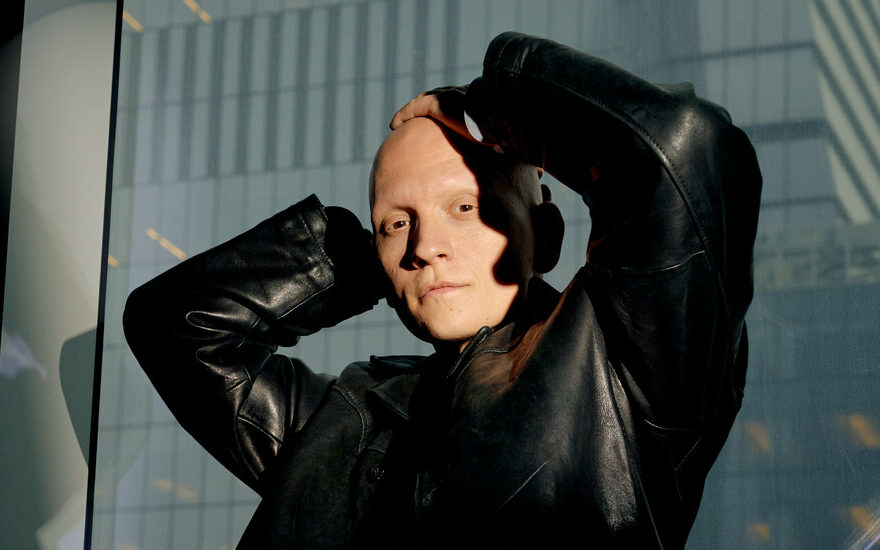In his Emmy-nominated role as the sunshiny Chechen gangster NoHo Hank, Carrigan has expanded what a villain can be — and his repertoire.
“I’m playing the bad guy, but making him likable, making him winning,” Anthony Carrigan said of his character in “Barry,” which is returning to HBO for its final season.Credit…Evelyn Freja for The New York Times
Supported by
Send any friend a story
As a subscriber, you have 10 gift articles to give each month. Anyone can read what you share.
By Alexis Soloski
Anthony Carrigan was 7 the first time he stepped onstage. And he was terrified. Debilitating stage fright, which he would struggle with for decades, would have led most children to consider alternate careers. Carrigan, a star of the tar-black HBO comedy “Barry,” was not most children.
Because even that first time, he felt something beyond terror. Diagnosed at 3 with alopecia areata, an autoimmune disorder that attacks the hair follicles, he often found himself stared at, gawked at, even in elementary school.
“People would look at my alopecia and not really look at me,” he said. “That’s kind of a weird dehumanizing thing, when someone is looking at a part of you.” But onstage, he felt as though he could control how people saw him — which meant he could make sure they saw all of him, or at least all of the character he was playing.
They are seeing him now. On, “Barry,” which returns for its fourth and final season on Sunday, Carrigan, 40, plays the gangster NoHo Hank. Originally meant to die in the pilot, NoHo Hank, powered by Carrigan’s sweeping, sunshiny, Emmy-nominated performance, has survived multiple assassination attempts and a presumed panther attack. The character has become a fan favorite, complete with catchphrases (“Hey, man,” “super great!”) and multiple GIFs of a Season 2 rooftop folk dance.
Two days before I met him, a young woman stopped him on the street. “She just wept, like, Beatles-level mania,” he said. “She was really lovely, though, very sweet.”
We were speaking on a Monday afternoon in early April at the Tin Building, an upscale food hall in Lower Manhattan. (He is based in Los Angeles, where “Barry” shoots, but his girlfriend lives nearby.) Alopecia has rendered him bald and without eyebrows or eyelashes, a look that causes a momentary neural jar, until the force of his personality — buoyant, sincere, self-actualized — takes over. Carrigan comes here often. Maybe not often enough.

He hadn’t made a reservation at the oyster counter, and for a moment it looked as if he wouldn’t be seated. I joked that he could pull a “Do you know who I am?” maneuver, and Carrigan had the decency to look appalled.
“I’ve never done that!” he said. Once seated, he listened politely as a server described the oysters of the day. He declined the ones from Massachusetts. “I’m from Massachusetts; I know how salty we are,” he said, and ordered a dozen from Canada and Maine.
After high school in Massachusetts, he studied acting at Carnegie Mellon University. His hair loss was still isolated to patches at that time, and professors often cast him as the longhaired bad boy, a look that determined most of his early roles. That hair and the worry that he would lose it were sources of anxiety. And after landing his first major role, as an amateur detective on the one-season Jerry Bruckheimer series “The Forgotten,” his alopecia progressed and he did lose it. At first he covered up, with hairpieces and eyebrow makeup, a must for character continuity. But when the series ended, he put the hairpieces away.
Source: Read Full Article
